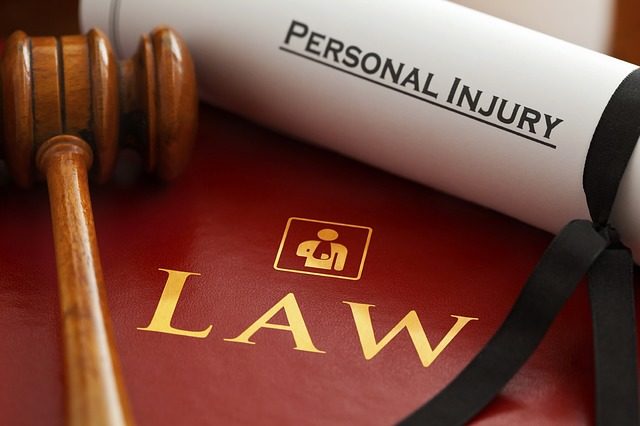What are you worth? You won’t ask until you are in a bind. If, for example, a personal injury incapacitates you for a while or forever you must determine your worth, or somebody else will.
If you are injured at work, in a car accident, through a medical error, or from some property owner’s negligence, you will incur medical bills and lose time at work. As a victim of personal injury, you have a right to full and fair compensation for your losses. You may also be eligible for compensation for pain and suffering arising from the injury.
As David Friedman wrote in the International Review of Law and Economics (1982), ““The obvious principle for determining fair compensation in injury suits is that the injuror must ‘make good’ the damage to the injuree; that is to say, that he must make him as well off as if the injury had not occurred,”
If you are injured and expect to made whole again, you must break down the basics of the damages done. And, you need professional help.
Breaking down the basics on damages
A personal injury may produce specific and general damages. Specific Damages can be calculated and documented. But, you cannot calculate General Damages with any certainty.
Any financial settlement on your personal injury claim will depend on how well you document the Specific Damages and how persuasively you argue your General Damages.
Specific Damages:
- Medical Bills: Medical bills can be considerable and continuing. Such bills include doctors’ bills, tests, hospitalization, therapy, medications, medical equipment, and more But, you may seek compensation for bills “paid” not “billed.”
- Property Damage: Your injury claim may involve property damage. For example, if your injury occurred in a car accident, you need compensation for the expense of repairing or replacing your damaged car.
- Lost Wages: You have a right to compensation for lost time at work. You must document your loss with pay stubs, time cards, and whatever you can substantiate.
General Damages:
- Pain and Suffering: The results of personal injury may include disability or physical impairment, disfigurement, mental anguish, or loss of the enjoyment of life experience in the past. Iowa juries, for example, are told “mental pain and suffering” may include, but is not limited to, mental anguish or loss of enjoyment of life.
- Emotional Distress: Emotional trauma and its treatment are difficult to cost and calculate. Some injuries can lead to panic disorder or Post Trauma Stress Disorder with depression, panic attacks, sleep disturbances, and other symptoms. It’s difficult to price the present and future value of continuing care.
- Punitive Damages: Compendium of Law says if the defendant in a personal injury claim “acted with willful or wanton conduct, among other possibilities, creates the possibility for a jury to award exemplary or punitive damages>” Remember that each state varies, so check with your local representative.
Final tip
Seeking fair and full restoration of your physical and mental health is not a do-it-yourself project. You need the help of a personal injury lawyer to find your way through the legal process, dealing with providers, insurance companies, and courts.
Unfortunately, too many of you will suffer mild to serious injuries in accidents you think will never happen. But, that personal injury is predictable enough to choose your personal injury now, so professional assistance will be there when you need it.








